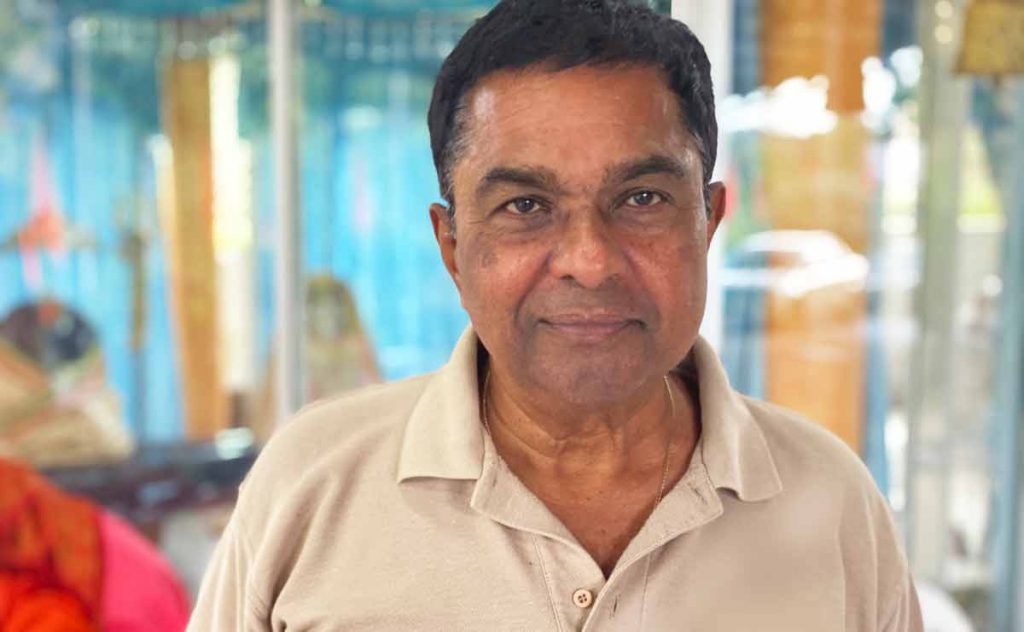High Court judge, Frank Seepersad, has said that India’s constitution could be used as a reference point when constitutional reform takes place in Trinidad and Tobago.
The local jurist was speaking at Constitution Day 2020 marking the 71st anniversary of the adoption of India’s Constitution in 1950. Also on the panel were former Speaker of the House of Representatives, Nizam Mohammed and former Head of the Political Dept., UWI, St.Augustine, Dr Bishnu Ragoonath.
Justice Seepersad suggested that constitutional reform in Trinidad and Tobago should extend the powers of the President to allow for more oversight in national affairs, and noted that the Indian constitution allows the President to appoint the Attorney General, as such a procedure would greatly enhance the power and strength of the Attorney General.
“It is imperative that a constitutional framework enables the office holder to act as an advocate for and on behalf of people opposed to advocate for possible concerns and agenda. The extensive powers conferred by the President is more than just a symbolic head of state and the office holder acts as an apolitical guardian of democracy and the constitution”, adding that such reform to Trinidad and Tobago’s constitution would only serve to develop the nation as it would also cut ties with the lingering impacts of colonialism, he noted.
Justice Seepersad urged the country’s leaders to confront issues of racial tension and division through constitutional reform.
Indian High Commissioner, Shri Arun Kumar Sahu, in his opening address, said that India is the world’s largest democracy with a population of 1.3 billion people and an electorate of 900 million people. “We are a parliamentary democracy, and we choose our government based on universal adult suffrage. We are a country of diversity and speak 22 different languages. Our constitution had recognized 22 languages and our provinces are created mainly based on languages. We are a nation of many faiths and creed and colour with a civilization spanning over 5,000 years,” he said.
The diplomat said that over the years the Constitution of India has served as a guide for our people and our leadership. “As you know, on the 26th of November 1949, the people of India adopted the Constitution which acts as the bedrock of Indian democracy. Since then, in the last seven decades, it has withstood the challenges of time”.
Shri Arun continued: “The spirit of the constitution rests in its preamble. The preamble not only talks about the basic structure of the constitution, but also the responsibility of the state to ensure the fundamental tenants of Sovereign, Socialist, Secular Democratic, Republic to ensure justice, social economic and political; liberty of thought, expression, belief, faith and worship and equality of status and of opportunity and to promote among them all fraternity, assuring the dignity of the individual and the unity and integrity of the nation.”
He pointed out that India has the longest written constitution of the world, and it maintains a strict separation of power among the executive, legislature and the judiciary. It maintains a federal structure without sacrificing the unity spirit of the nation. “Unlike many other democracies, where voters first had to be rich men and later women, India’s democracy came into being peacefully in 1951 with its first general election, where every citizen, irrespective of gender, caste, creed, religion, occupation, wealth or level of literacy, and with a strong and independent judiciary, the common man is assured of protection of his fundamental rights”.
